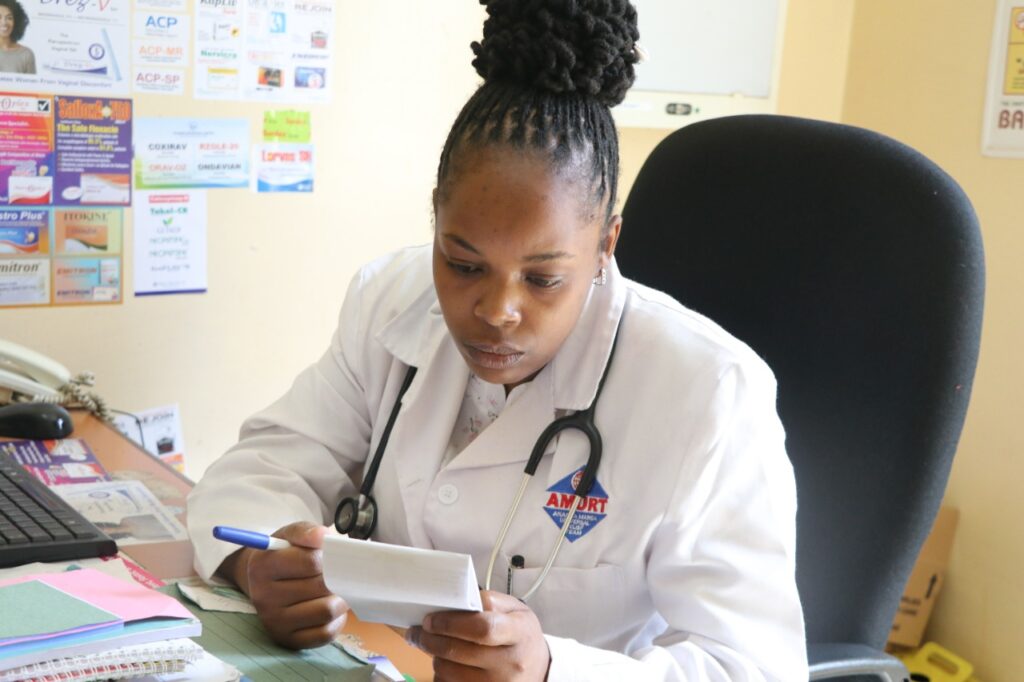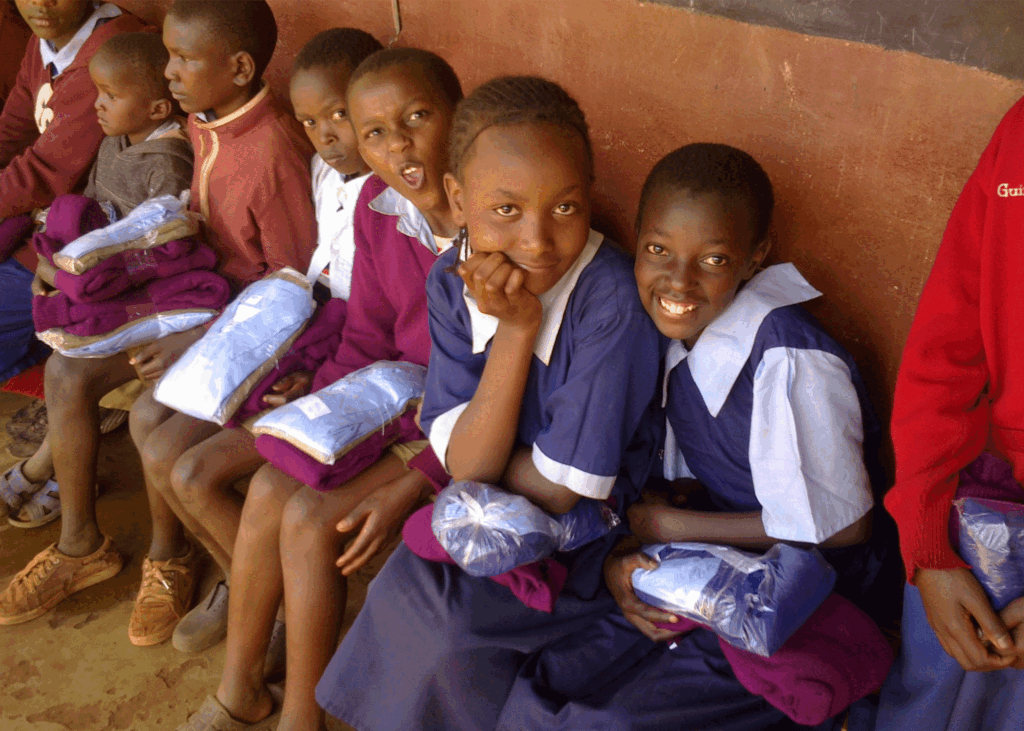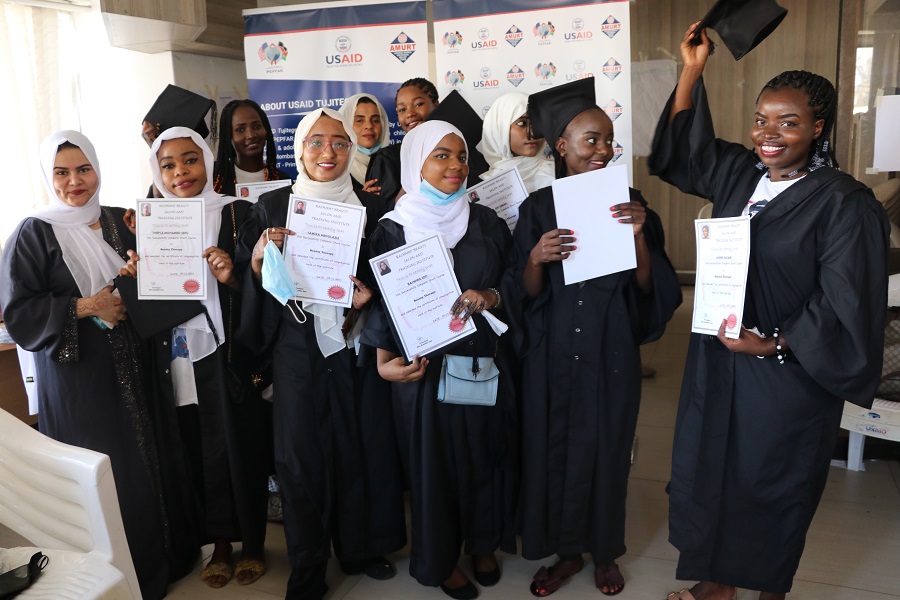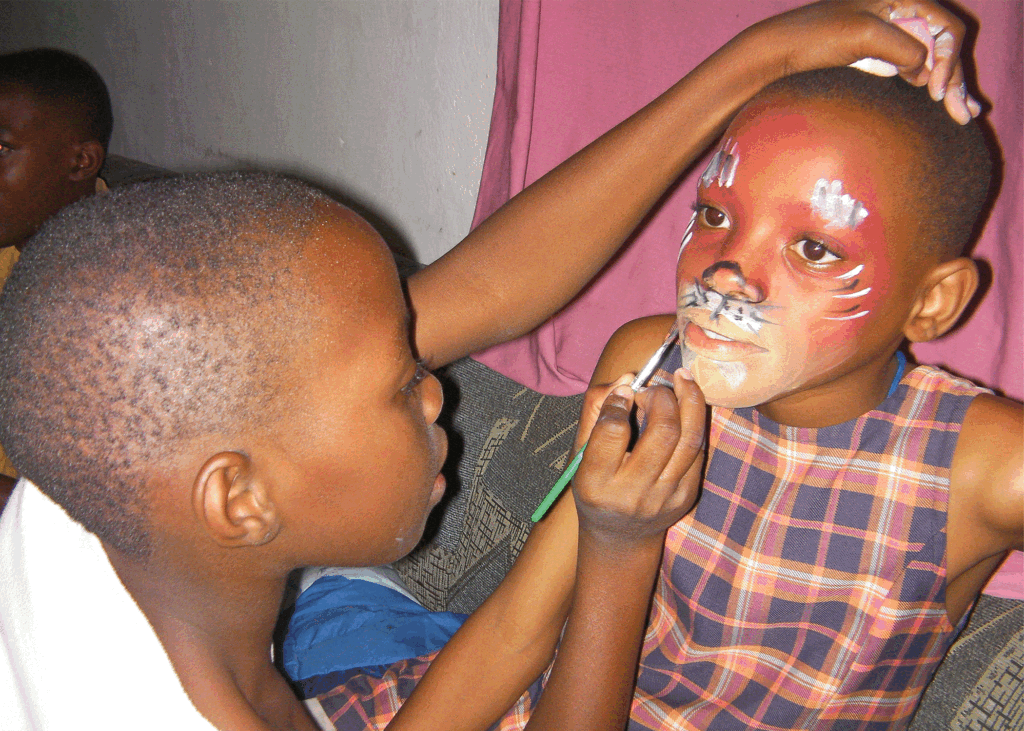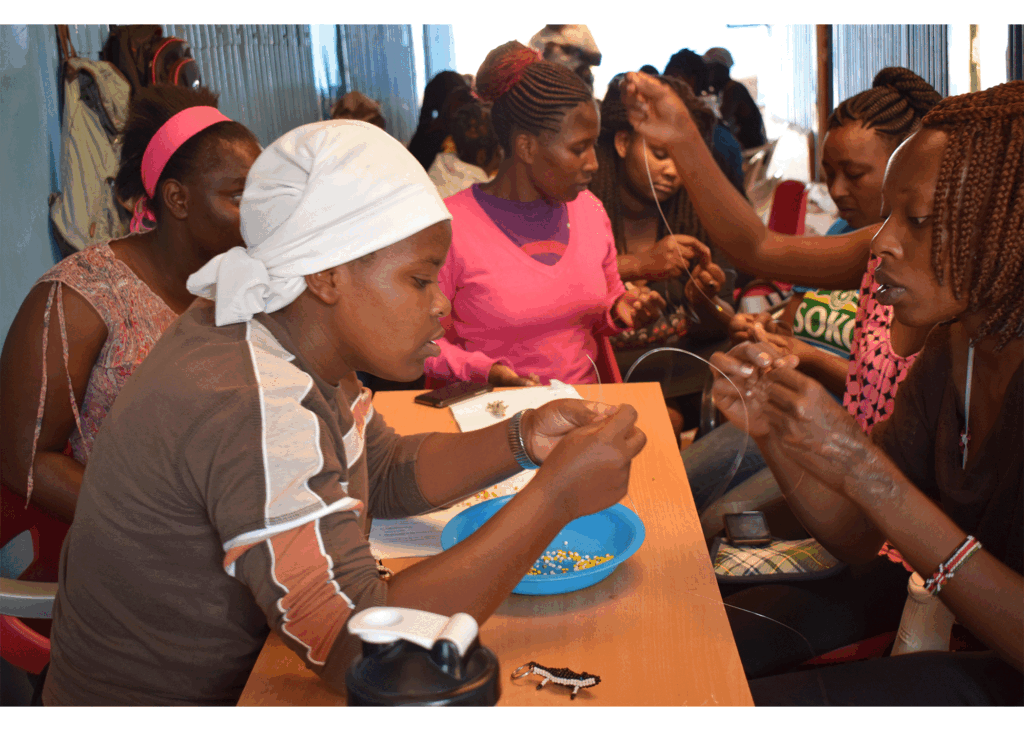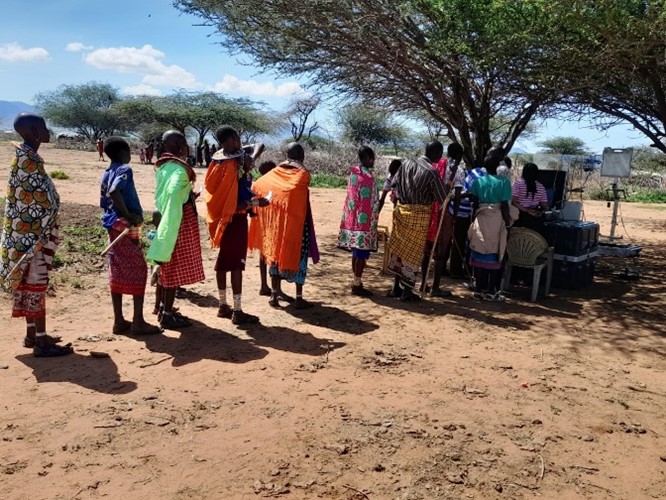This a Global Fund funded project through, AMREF health Africa in Kenya. As a sub recipient of AMREF the project began initially in Samburu county in 2015 but as a result of capacity demonstrated by AMURT, 2 more counties were added (Marsabit and Kilifi) from 2017. The organizational strength in management of the project has been steadily growing over the years, not forgetting to mention additional county awarded, Kwale in 2018, to pilot community systems strengthening to create awareness and increase demand for uptake of health services for TB, HIV and Malaria and lately Lamu in 2023 covering programming areas such as TB outreaches, TB/HIV social mobilization.
The project focusses on TB prevention and care as well as early diagnosis and treatment, capacity building community players & health care workers, community systems strengthening which is aided majorly by engaging different community actors majority of them being Community Health Promoters. In this regard, about 700 CHPs have been trained on TB/HIV community package and about 500 health care workers have been trained and capacity build on TB care, detection and diagnostics. This has promoted successful linkage between the community and health facilities with demonstrated over 5000 beneficiaries reached with various services.
